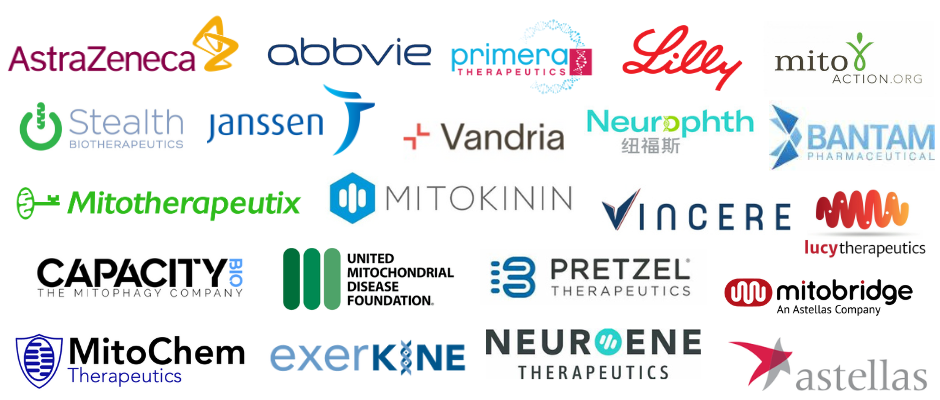As a key contributor to a wide array of diseases including metabolic, neurodegenerative, and aging disorders, mitochondrial dysfunction drug development continues to gain momentum – driven by our need to unravel the complexity of mitochondrial biology and establish defining endpoints that can appeal to the eyes of regulatory bodies.
The 4th Mitochondrial Dysfunction Drug Development Summit returned this November with a refined program that would have enabled you to accelerate the potential of mitochondria-targeting technologies, acquire novel clinical intelligence, and tackle mitochondrial dysfunction in diverse populations to address challenges with patient stratification.
From understanding the pathogenic mechanisms of mitochondria-related diseases to bridging the gap between preclinical and clinical success, this 2024 forum highlighted only the best academic and industry leaders’ achievements in discovery, translational research, and drug development over the past year.
Be sure to check out the unmissable case studies and interactive sessions with Astellas Pharma, MitoChem Therapeutics, Mitotherapeutix, Pretzel Therapeutics, and more in our Event Guide.
What You Missed Out On:
 |
Expand on your understanding of the mitochondrial genome to model mtDNA mutations and uncover disease mechanisms with University of Cambridge |
 |
Unpick clinical data on a unique mitochondrial uncoupler to witness its efficacy on the treatment of ALS, MS, and Alzheimer’s disease with Mitochon Pharmaceuticals |
 |
Explore how mitochondrial transplant is utilized to enhance cellular function and demonstrate age-reversal effects in the immune system of elderly patients with Mitrix Bio |
 |
Unlock novel pathways for targeting mitochondria to expedite the discovery and validation of biomarkers for Parkinson’s disease with Anavex Life Sciences |
 |
Establish strategies for collecting, assessing, and leveraging registry data to navigate patient-centric approaches for regulatory success with Cure Mito Foundation |
Our Previous Attendees:

What Your Peers Have to Say:
“Great discussions in a small group setting that enabled me the chance to meet people effectively transitioning from academic research into biotech therapeutic development.”
University of New England
